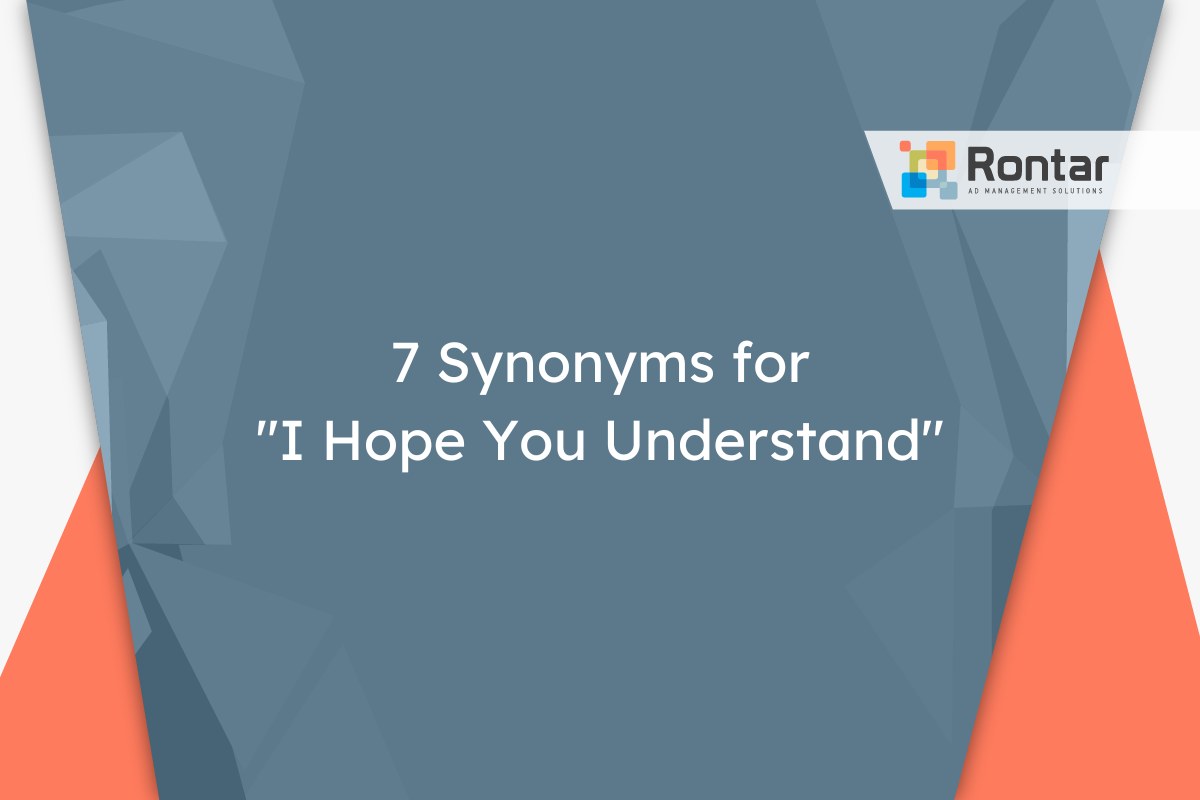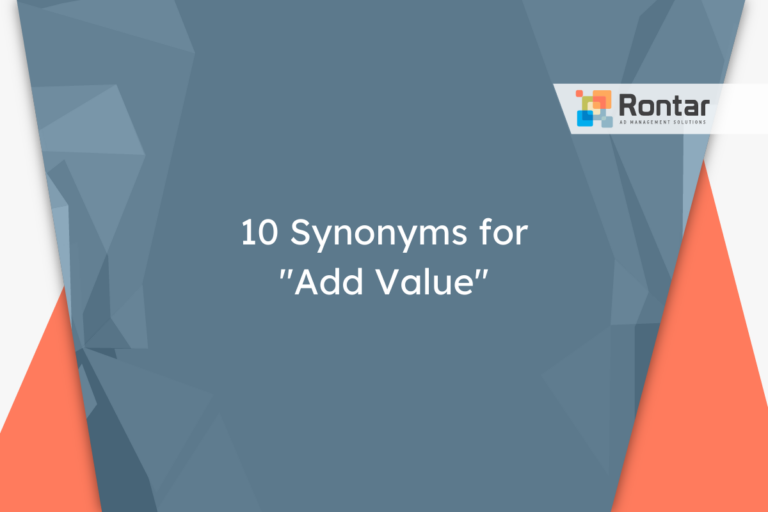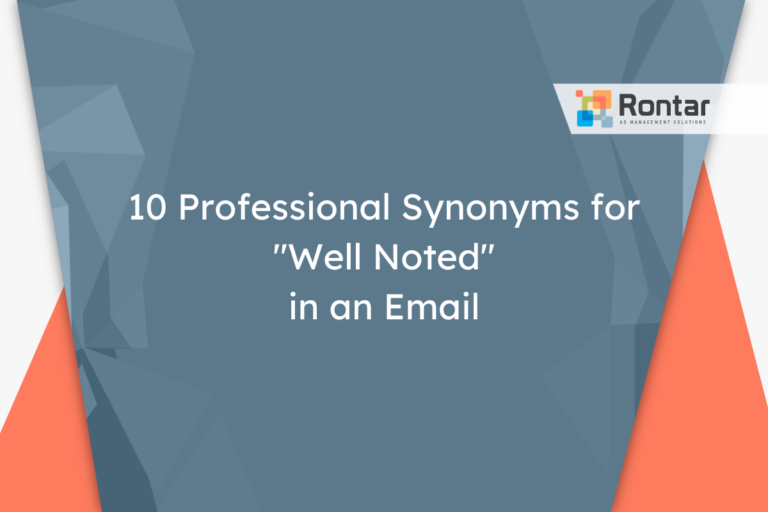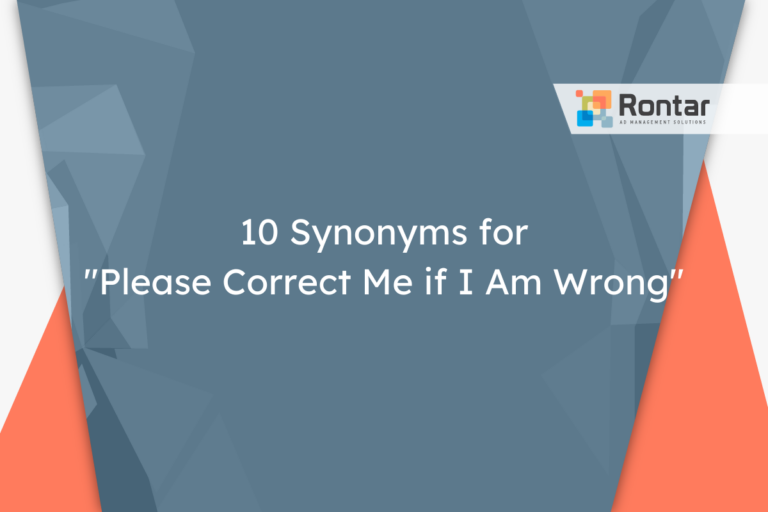7 Synonyms for “I Hope You Understand”

Communicating effectively is key in both personal and professional settings. Saying “I hope you understand” can sometimes feel too vague or informal.
This article explores seven different ways to express the same idea more clearly and appropriately. By understanding these alternatives, you can improve how you share messages and ensure they’re received well by others.
Is It Professional to Say “I Hope You Understand”?
Saying “I hope you understand” can be seen as professional, formal, or informal depending on the context in which it is used. It is also generally considered polite. This phrase is useful in situations where you need to explain a complex idea, make a request that might be difficult to fulfill, or when you’re trying to soften the delivery of difficult news.
It can be used with various types of recipients such as colleagues, clients, or superiors and is suitable across different communication channels like emails, letters, or face-to-face conversations.
Here’s a short example:
Hello Alex, Due to current project priorities, we're unable to assign you to the Greenwood Project as requested. I hope you understand this decision is based on our immediate needs. Let's discuss future opportunities that align with your interests. Best regards, Emily Thompson
Pros:
- Shows empathy towards the recipient.
- Softens the delivery of a message that might be difficult to hear.
- Encourages understanding and agreement.
Cons:
- Can be seen as passive or lacking in confidence.
- Might be interpreted as patronizing or insincere in certain contexts.
- Overuse can dilute the impact of the phrase.
Someone might want to use an alternative to “I hope you understand” to avoid misunderstanding or to sound more confident in their communication. Using synonyms or alternatives can also help tailor the message more precisely to the situation or audience, making the communication more effective.
7 Other Ways to Say “I Hope You Understand”
When looking for different ways to express understanding, consider these seven alternatives:
- Thank you for your understanding
- I hope this is clear
- I trust this makes sense
- We appreciate your understanding
- Your understanding is greatly appreciated
- I hope that makes sense
- We hope you can understand
1. Thank you for your understanding
This alternative feels more formal and polite compared to the original phrase. It assumes that the recipient already understands or will understand the situation, demonstrating gratitude ahead of time.
This phrase is suitable in professional settings, especially when you are explaining a decision or a change that might affect others. It works well in emails and letters when addressing clients, colleagues, or superiors. This approach shows respect for the recipient’s capacity to grasp complex issues.
Example:
Hello Marcus, Due to unforeseen circumstances, the deadline for our project will be moved up by three days. We recognize the extra effort this requires and are grateful for your cooperation and dedication to meeting our goals. Thank you for your understanding. Best wishes, Olivia
2. I hope this is clear
This synonym sounds more informal and direct. It’s as if you’re checking in to make sure the message is comprehensible.
Use this in less formal emails, messages, or even in face-to-face conversations. It’s perfect when explaining something detailed or technical to colleagues or team members. It ensures your message is clear without assuming the recipient already understands, leaving room for questions.
See this example:
Hey Leo, We’ve updated the software to include the fixes you requested. The attached guide explains how to use the new features. I hope this is clear. Let me know if you have any questions. Cheers, Jasmine
3. I trust this makes sense
This option is slightly more formal and exudes confidence that the recipient will understand the information provided. It’s also quite polite and respectful.
This phrase works well in both written and spoken communication. It is especially useful in professional settings when you’re providing an explanation or rationale for a decision. It’s ideal for emails to colleagues or superiors where clarity is critical.
Example:
Hello Hannah, We've decided to shift the project deadline to next month, recognizing the team's workload and current resource limitations. I trust this makes sense and we value your effort and flexibility. Kind regards, George
4. We appreciate your understanding
This alternative is more formal and emphasizes gratitude, making it particularly polite. It is a way of thanking someone in advance for their patience or comprehension.
It is best used in situations where an inconvenience may be caused, such as changes to a schedule or plan. Suitable for emails or official communications directed at clients or large groups, it conveys respect and acknowledges any potential impact on the recipient.
Example:
Dear valued clients, We are currently undergoing system maintenance, which may result in delays in our service response times. We appreciate your understanding during this period. Sincerely, The Customer Service Team
5. Your understanding is greatly appreciated
This phrase is likewise very formal and polite, nearly identical in use to the previous one but with an emphasis on the appreciation part. It carries a sense of strong gratitude.
This expression is particularly effective in formal letters or emails, often to address situations involving inconvenience or requiring patience from the recipient. It builds goodwill and is typically used with clients, customers, or external partners.
Example:
Dear Client, As we transition to our new billing system, there may be slight delays in processing your requests. Your understanding is greatly appreciated. Warm regards, The Accounts Team
6. I hope that makes sense
This phrase is more informal and is like a friendly check-in to make sure the recipient is on the same page. It’s very polite but in a casual way.
It’s good for informal email exchanges, text messages, or verbal conversations. This is especially true when you’re explaining something new or complex to friends, colleagues, or even in a relaxed professional setting. Here, you’re inviting questions and further discussion.
Consider this email example:
Hi Alex, I’ve adjusted the settings in the app to streamline your workflow. You should now find it easier to navigate. I hope that makes sense. Any feedback would be awesome. Best, Sam
7. We hope you can understand
This phrase comes across as formal and somewhat distant, but it remains polite. It’s a way of expressing hope for understanding without assuming it.
This alternative is best for official communications where a decision or action might not be favorable to the recipient. It fits formal emails or notices, particularly when addressing a sensitive issue to a group or an individual in a professional context.
Example:
Hello Team Members, Due to budget constraints, we regret to inform you that the annual company retreat will not take place this year. We hope you can understand the difficult decisions we are forced to make in these challenging times. Regards, Management
Final Thoughts
Choosing the right way to say “I hope you understand” can greatly impact how your message is received. With the seven alternatives provided, you have a range of options to fit different situations, levels of formality, and communication mediums. By selecting the best fit for your audience and context, you ensure your messages are clear and respectful.






